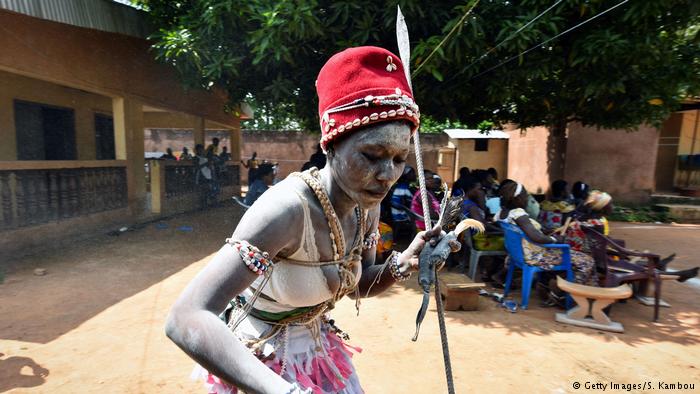Where Even The Daughter’s Mind is Without Fear, And Even Her Head is Held High

Kashmiri muslim school girls dressed in traditional outfits
I met two innocent girls singing at a crossroads during my trip to the Kashmir valley. There was an exuberance infused in their song and they were dancing without any care for tomorrow. It was probably a folk song. I don’t remember the girls’ names now. But I still recall their fondness for Maggi. One of them told me that whenever they got money from the tourists, they immediately headed to spend it at a local food stall. This little encounter with the two happy and talented souls stayed with me as a serendipitous memory for some time.
Throughout the trip, my mind wandered to them. They didn’t know what they were doing, had no care for the future and spared no thought about the precarious situation of the valley that was their home. Their fearlessness and confidence surprised me. It was the same Kashmir, where police encounters and news of terror are everyday occurrences. It was the same conservative society where religious shackles are so strong and yet these two little birds were flying nonchalantly, completely oblivious to the fact that age will in time make them aware of the fetters tied to their own ankles. I found myself rooting for a shiny bright future for them.
Before long though, I was woken up from my reveries into rude reality, when I remembered that the situation of girls is alarming in each and every region of our land.
You don’t believe me? Here is a tiny dose of statistics for you: India’s economic survey of 2018 states that the country has 21 million “unwanted girls”, girls who were born but are not treated well.
Unwanted girls are disfavored by their own parents and family. They receive less healthcare and schooling. Their parents were actually hoping for a son.
Today, I live a well-respected life in a secure society and a progressive workplace. But sometimes, I still ask myself: when I was a child, did I really dare to dream of reaching where I have got to and accomplishing what I have achieved? I was a small schoolchild in the late 1990s in an insignificant town in India. I come from a culture where the status of women is undoubtedly inferior to men. And newspapers are still stuffed with news of heinous crimes against women.
I have met many educated families, while growing up and now, in which girls and women are treated with respect, but even these long to be endowed with a male progeny. Many assume that a daughter will not be able to take financial responsibility for the family when she grows up and will not look after them in their old age. These insecurities of the parents make their daughters the most unwanted members of the family.
“Families, where a son is born, are more likely to stop having children than families where a girl is born,” reports the Economic Survey “This is suggestive of parents employing ‘stopping rules’ – having children till a son is born and stopping thereafter.” Add to this predicament, the unfortunate compulsiveness of such parents to raise perfect homemakers to be married off as brides as soon as possible, and you have a legion of limitless girl power tamed into living a life of mediocrity and domesticity.
In my culture, the responsibility of upholding the family name and the duty of performing “purushartha” has always been bestowed on the shoulders of a male child. The society has so deeply imbibed these values that whenever a girl child questions them, she is admonished.
I have read a lot about women empowerment. And I have come to believe that the opportunity to make a difference presents itself best at the beginning.
Only when families start accepting their daughters as welcome kids, will there be change. Government schemes and policies to emancipate girls have been introduced time and again. But what really needs to happen is a change from within. At the grassroots level. At the level of our individual values as parents and caretakers. We have a responsibility to evolve our thought process and pass on an inheritance of a healthier set of principles to the next generation.
It is only then that we might have a fighting chance of eliminating gender bias. And it is only then that my reverie about those two fearless Kashmiri girls will meet, not a rude awakening, but a sense of wakeful pride.
Author: Apoorva Agrawal (act)






